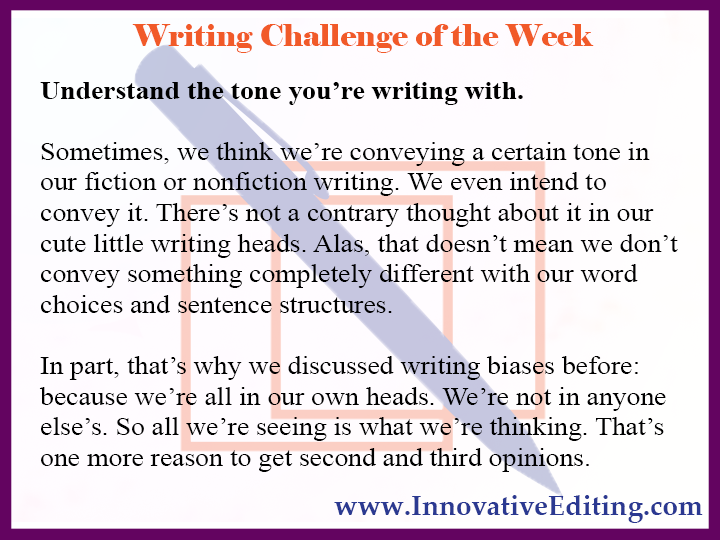Why Writing Out Your Pain Can Get Your Life Back on Track
- Jeannette DiLouie
- Aug 13, 2017
- 3 min read

Many manuscript editors end up interacting with truly hurt or hurting people who have very painful pasts or presents.
Parts of their lives have been derailed by truly horrible childhoods. Losing loved ones. Being raped. Suffering through domestic abuse.
In some ways, a manuscript editor's professional experience right up there with that of psychologists or psychiatrists for all the disturbing real-life stories they read through. And there’s a reason for that.
Yes, it’s true that happy childhoods and perfect lives don’t usually make for inspiring or engaging stories. Drama sells. Lack of drama doesn’t.
But there’s so much more to it than that. Because most people who choose to write about their painful experiences don’t do so to get rich and famous. Their initial, innermost reason might not even be to help those who’ve suffered like them.
It’s probably much more self-focused than that.
Which, for the record, is okay. It’s alright to take care of yourself: to nurture and sooth and even pamper your body, spirit, mind and soul sometimes. That’s particularly true when you’re feeling rundown or, worse, broken.
I’m not an advocate of making it all about oneself. That’s unbalanced.
Yet it’s also unbalanced to make it all about everyone else. There needs to be a give and take. Otherwise, we end up hurting even worse than before.
That’s what so many autobiographical or autobiographically-based writers recognize on some level or another: how they need to express themselves in order to truly heal. To truly move past the pain.
To truly get their lives back on track.
I understand that I’m a manuscript editor whose professional job involves encouraging you to write. But don’t take my word for it. Take it from the American Psychological Association, which published this back in 2002:
A groundbreaking study of writing’s physical effects appeared in the Journal of the America Medical Association (Vol. 281, No. 14) three years ago. In the study… 107 asthma and rheumatoid arthritis patients wrote for 20 minutes on each of three consecutive days – 71 of them about the most stressful event of their lives and the rest about the emotionally neutral subject of their daily plans.
Four months after the writing exercise, 70 patients in the stressful-writing group showed improvement on objective, clinical evaluations compared with 37 of the control patients. In addition, those who wrote about stress improved more, and deteriorated less, than controls for both diseases…
Nor is that an isolated case. The American Psychological Association went on to cite another academic study done at New Zealand’s University of Auckland, which found something similar in HIV and AIDS patients.
Now, both were clearly studying physical effects. Not psychological. But there are other serious studies that show how positive emotions can impact patient outcomes.
Patients who mentally and emotionally give up on fighting their diagnoses often find that their bodies quit faster too. Whereas those who work hard to appreciate their lives – changes and all – have better recovery rates.
Better rates; not guarantees. My family has a dear friend who passed away from one of the most painful forms of cancer possible, even though he kept up an admirable attitude the whole time. So I’m not proposing good attitudes in general, or writing in particular, as a cure-all. It’s simply that they do seem to give us better fighting chances than we otherwise would have.
Not to get all transcendental (i.e., obnoxious) on you, but we’re not just a haphazardly layered collection of bodies, spirits, minds and souls. What we have and what we’re made of is very closely connected and interconnected, which means that our physical health can affect our spiritual health; our spiritual health can affect our mental health; and our mental health can affect our emotional health.
Or any combination thereof. That’s why writing about your worst, most painful, most hurtful, most trying experiences can do you a world of good. It’s a physical act of expelling what the rest of you has been dwelling on for too long.
If you’d like to read the full APA article, click here. And if you’d like to learn how to go about getting your psychological experiences down on paper, click here.
But even if you do neither, just keep in mind that you don’t have to bundle all your hurt inside. You can try writing it out… and see what healthier tracks your life can take from there.




